


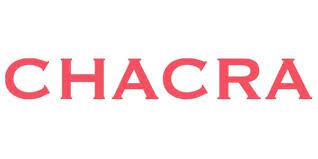




We've already looked at some of our favorite spirits of the year and the tastiest beers of 2022, but what about wine?
2022 was a pretty good year for wine. We welcomed new appellations to the wine map, saw an increasing number of BIPOC industry members make waves, successfully messed around with new grape varieties, and generally heightened the status of the wine scene overall. So what really stood out? Well, several brands, but not just because of the wine they produce. That's a significant part of it, sure, but we're also interested in what they stand for, from real sustainability (environmental, social, economic) to how they're changing the game for the better. Read on to hear about our favorite wines.
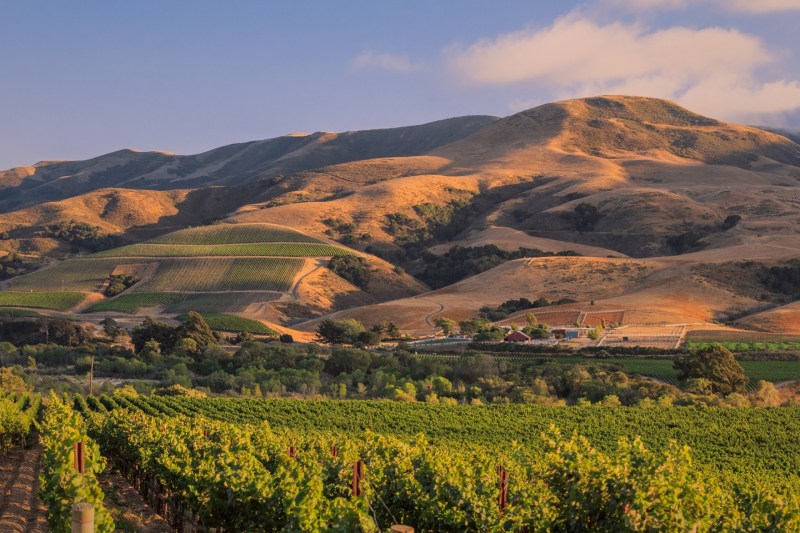
Brewer Clifton
Best Appellation Champion
Brewer Clifton is a big reason why the Sta. Rita Hills is considered to be one of the most exciting wine regions in the country at the moment. After launching the wine label in 1996 and making quality wine ever since, winemaker Greg Brewer is finally seeing some fame come his way. The label specializes in cooler-climate varietals like pinot noir and chardonnay, thanks to the winery's unique setting in Santa Barbara County. The Diatom Chardonnay (Brewer's side label) is a barn burner, especially at $27, given that the genre's price tag has been creeping up for years. The whole lineup is elegant and pretty restrained, basically the opposite of what people used to think of when they thought about California wine.
Never one to take much of a rest, Brewer is also working on another side label focused on syrah. He's a major reason why the Sta. Rita Hills appellation exists, having helped in the map-making process and pursuit of federal recognition. We're tipping our hats not only to his stylish wines, but also to his commitment to his appellation and showing the wine world just how special it can be. If you like fresh, character-driven wines, Brewer Clifton is behind some of the best red wine on the west coast and beyond.

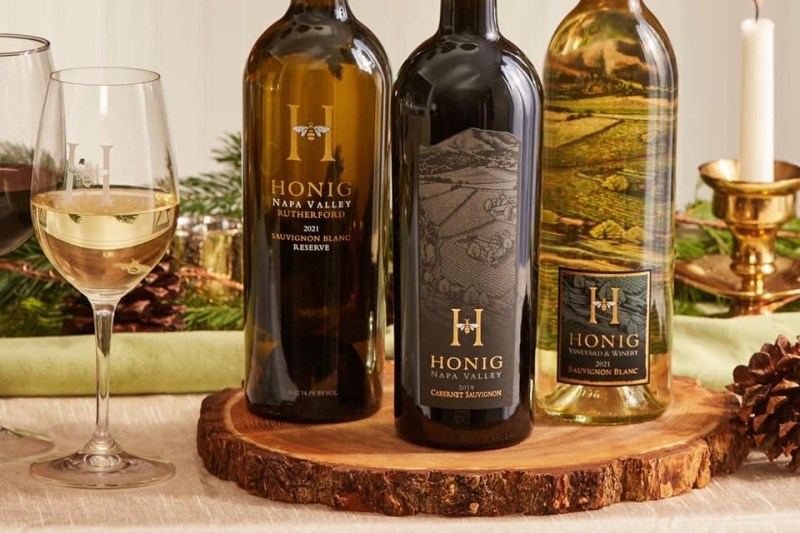
Honig
Best Forward-Thinking Winery
Years back, when cannabis was becoming legal up and down the American West, most winemakers didn't think much of it. As the movement increased, much of the wine industry started to panic, worried that wine grapes would not be the only expensive crop in town anymore. Some, such as Stephanie Honig, saw the future and embraced both forms of agriculture. Today, she's the director of communication at her eponymous wine and the president of the Napa Valley Cannabis Association.
This is to say nothing of her label's outstanding wine. Her family label, launched in the mid-1960s, is based in Rutherford and creates excellent sauvignon blanc and cabernet sauvignon. The farming is certified sustainable and solar powered, ensuring that it will push on for another several generations. We're drawn to the mindful winegrowing approach and sensible alliances formed with other players in the same California neighborhood. It's also just romantic there. The biodiversity is abundant, and the place just sort of blends in, as a good vineyard and winery should. The vines are tended by skilled humans and trained sheep; the fluffy helpers graze between rows and help improve soil health along the way.

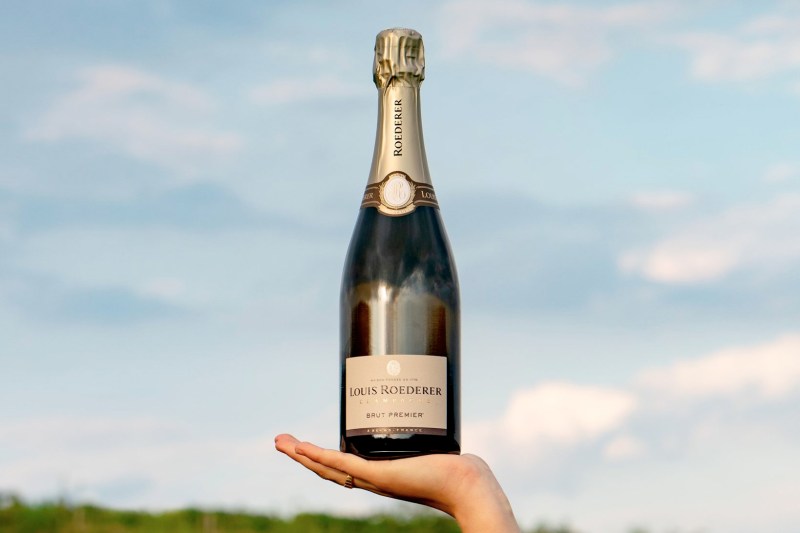
Roederer Estate
Best Sparkling Wine Producer
Of the many Stateside French operations, this is one of the very best. An offshoot of the famed Louis Roederer estate of Champagne fame, this Anderson Valley operation has been making amazing sparkling wine since the early 1980s. It does it exceptionally well, sourcing from only estate fruit and making a lineup that includes several different brut options along with some sparkling rose. All told, the American winery draws from more than two centuries of sparkling wine experience, and it shows in every bottle. It's been making some of the best sparkling wine in America for a while now.
By making a couple of fantastic bottles in the sub-$40 department, Roederer is helping to redefine what it means to make Champagne-quality bubbles in California. This can and should be accessible stuff to lure drinkers in. They can always work their way up the quality ladder once they've tried the entry-level options. But rest assured, all the wines that sport the Roederer name are tremendous. Yes, this is the Champagne house that brought you Cristal, but it's also acknowledging climate change and working towards big biodynamic strides in the vineyard. Of the many big brands out there saying good things, Roederer really seems to be walking the walk, all while creating amazing sparkling wine in the process.

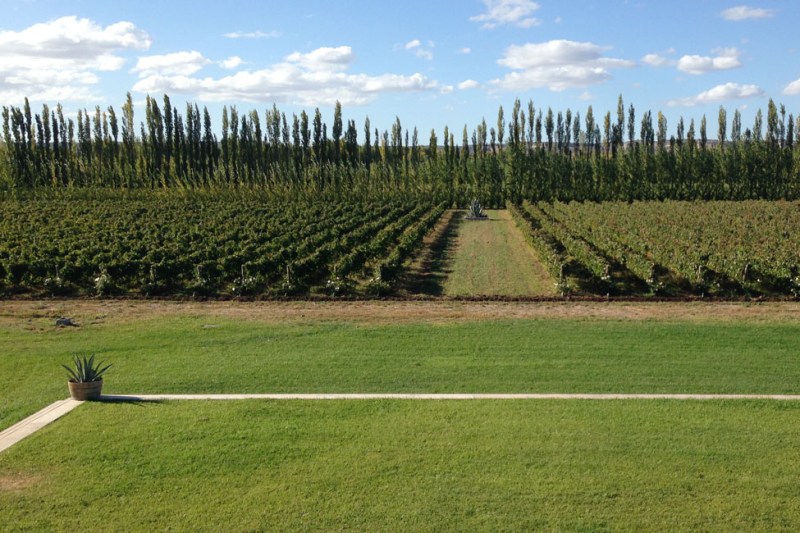
Bodega Chacra
Best South American Wine
In case you haven't heard, Argentina has been doing some outstanding things when it comes to wine. The nation can win World Cups and also nail a malbec or torrentes. Chacra, set in cooler Patagonia, is making exceptional pinot noir, one of the hardest wines on the planet to make. Chacra pretty much translates to "special piece of land," and that's certainly the case with this winery and its vines. The aim is to work hand in hand with the environment and express that through wines. That means biodynamic and organic farming that honors the natural ecosystem.
The land is a bit like the Dundee Hills of Oregon, also famed for its pinot noir and chardonnay. It has red, iron-rich soils that the vines adore, and the resulting wines offer the perfect balance of fruit and spice notes. Why does that matter? Well, Chacra is proving to the world that Argentina can do more than just big, meat-friendly red wines and refreshing whites. They're turning out wines with all kinds of complexity and that deserve spots in the best competitions out there. Even better news: They're becoming more available stateside.

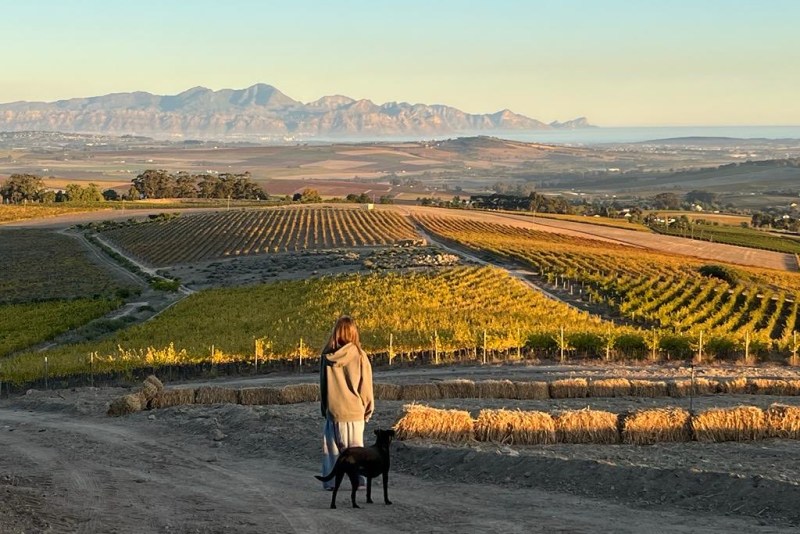
Reyneke
Best South African Wine
South Africa has long had a remarkable wine scene, but it doesn't always get the attention it deserves. Moreover, a lot of the good stuff never makes it here. Reyneke has become readily available and specializes in two of the varietals winos are buzzing over more these day in chenin blanc and syrah. Better still, the label is organic and behind a minimal intervention philosophy when it comes to farming.
Reyneke was the first winery in South Africa to get formally certified by Demeter for its biodynamic mindset. It's a great position, and others have followed suit. Most impressively, the winery put in the work and switched over from conventional agriculture to more sustainable methods. The label is a case study for what to do right in the field. Many producers worry about the costs or yields of switching over, but the environmental and wine quality reasons almost always justify it. Reyneke proves that with each and every vintage. If other wineries follow suit, the planet will be in much better shape. We'll also end up with healthier wines to sip on, wines made from fruit free from herbicides, pesticides, and other chemicals.

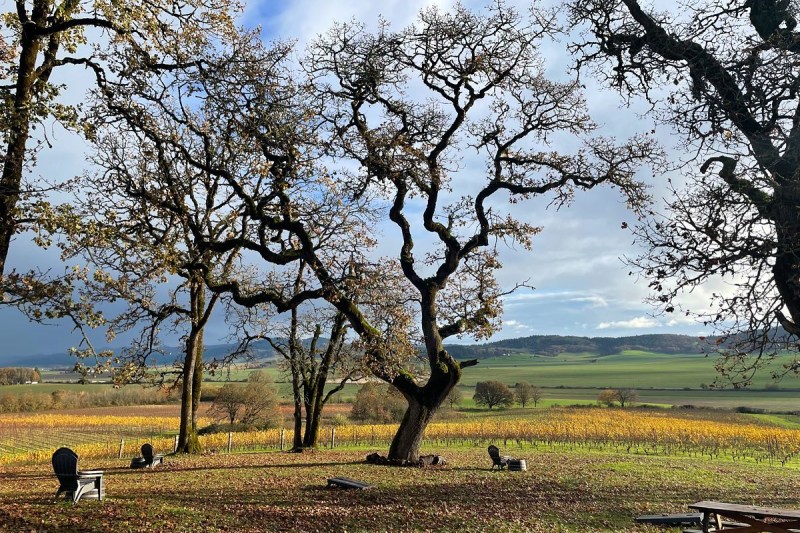
Johan Vineyards
Best Winery Evolution
Successful wineries grow, and the best of the bunch ultimately get bought by other brands. We've seen it all over the drinks industry for generations, from beloved craft labels getting gobbled up by multinational corporations to wee spirits producers becoming part of colossal portfolios. Johan Vineyards in Oregon has shown us that this can be a good, even healthy development.
The respected label was bought a while back, but not by some huge company. The winemaker has remained intact, and the plan going forward, as far as we know, it to simply make more great wines. That's great news for adventurous tasters, as Johan has had one of the most intriguing vineyards for years now, with lauded producers all over trying to get their paws on their fruit. There, amid a sea of pinot noir and chardonnay, Johan grows lesser-known grapes like Kerner (of Alto Adige fame), Blaufrankisch, Zweigelt, and more. Even with the more expected grape varieties, the winery is reimagining them, extending skin contact for the whites or blending inventively with the reds. The wines are outstanding, and it all starts in a vineyard that, again, practically has a waiting list of eager producers chomping at the bit.


Really Good Boxed Wine
Best Boxed Wine
Well, the name pretty much sums it up. You can have tasty wine in box form, and the last decade or so has proven that (cans too). It's a great way to get bulk table wine and exercise a bit more sustainability.
Really Good Boxed Wine gets solid reviews and is endorsed by many master sommeliers. More importantly, the wine is agreeable and made from vineyards throughout California, from Paso Robles to the Russian River Valley. The winemaking approaches are actually fairly detailed, incorporating practices like whole-cluster fermentation and single vineyard lots. There's even a reserve level wine in the esteemed portfolio of boxes. Perhaps best of all, the whole vessel it comes in is recyclable.

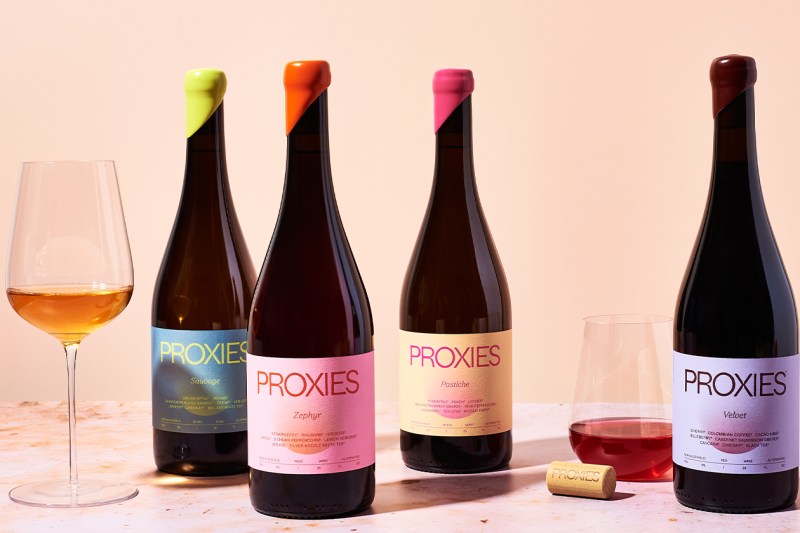
Proxies
Best Nonalcoholic Wine
While the number of NA wine options has soared of late, we can still pretty much count on one hand the ones worth drinking. Despite the good intentions, many, if not most, don't come anywhere close to resembling the structure and complexity of real wine. Proxies, however, is changing things up.
The NA brand is creating involved recipes with obscure ingredients and getting pretty tasty results. On top of interesting blends (which involve things like tea, spices, and fresh fruit), Proxies is working with top winemakers and chefs for some pretty innovative collaboration wines. They're a little pricey, but you're delivered something that's quaffable on its own and can pair nicely with certain dishes.

It's one thing to make great wine, but to really be a "best of" these days in the crowded industry, producers need to go above and beyond. The above wineries stand out from the pack, and we can't wait to see what they'll get up to in the years ahead. Get your glasses ready, shop around for their wine, and see why we're so taken by what they've done for the industry at large.
Editors' Recommendations
- Far older than you think: A beginner’s guide to Mexican wine
- The 9 best whiskeys for making a bar-worthy Old Fashioned at home
- The best beverage coolers for chilling your beer, wine, and soda in 2024
- These are the best potato vodka options on the market
- Here are the best bourbons, according to top bartenders



